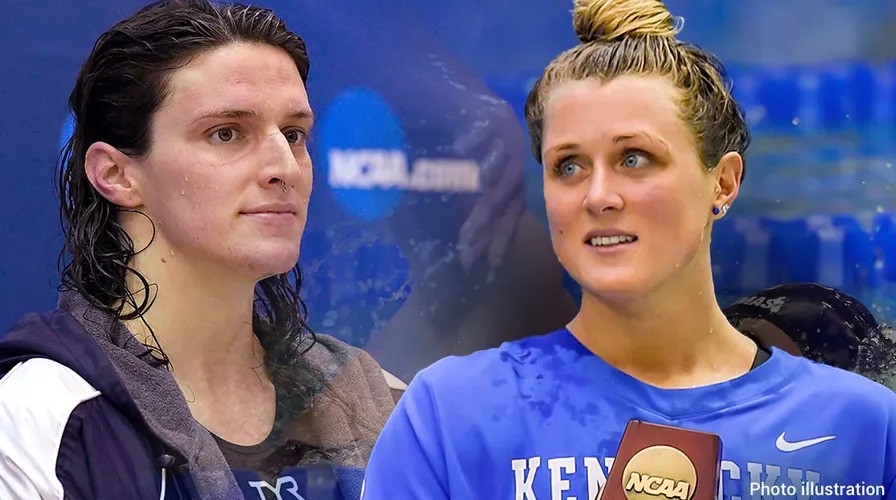
Lia Thomas, a swimmer for the University of Pennsylvania, has been at the center of discussions about transgender athletes in collegiate sports. Thomas, who competed on the men’s team before transitioning, has garnered attention for her success in women’s swimming events. Her achievements have sparked debates about the advantages and disadvantages that transgender athletes may have in competitive sports.
Recently, the NCAA announced that medals won by Thomas in previous competitions would be officially transferred to Riley Gaines, a swimmer from the University of Kentucky. Gaines was the runner-up in the 200-yard freestyle event at the NCAA Championships, an event in which Thomas took first place.
This decision by the NCAA highlights the complexities and challenges faced when addressing transgender participation in sports. It reflects the organization’s efforts to navigate the balance between inclusivity and maintaining fair competition. By awarding the medals to Gaines, the NCAA aims to ensure that all athletes are competing on a level playing field, where achievements are recognized based on a set of rules that promote fairness.
The debate around transgender athletes is not new, and it extends beyond swimming to various sports at all levels of competition. Advocates for transgender inclusion argue that everyone should have the opportunity to participate in sports consistent with their gender identity. On the other hand, concerns about competitive advantages, especially in sports where physical differences may impact performance, have led to calls for clearer guidelines and regulations.
As the conversation continues, it’s crucial to consider the perspectives of all involved parties – the athletes, the sporting organizations, and the broader community. Finding a balance between inclusivity and fair competition remains a significant challenge, one that requires ongoing dialogue, research, and thoughtful consideration of all viewpoints.
The NCAA’s decision to transfer Lia Thomas’ medals to Riley Gaines is just one chapter in the ongoing story of transgender participation in sports. It underscores the complexities and nuances of this issue and the importance of developing policies that uphold the principles of fairness and inclusivity in athletics.



